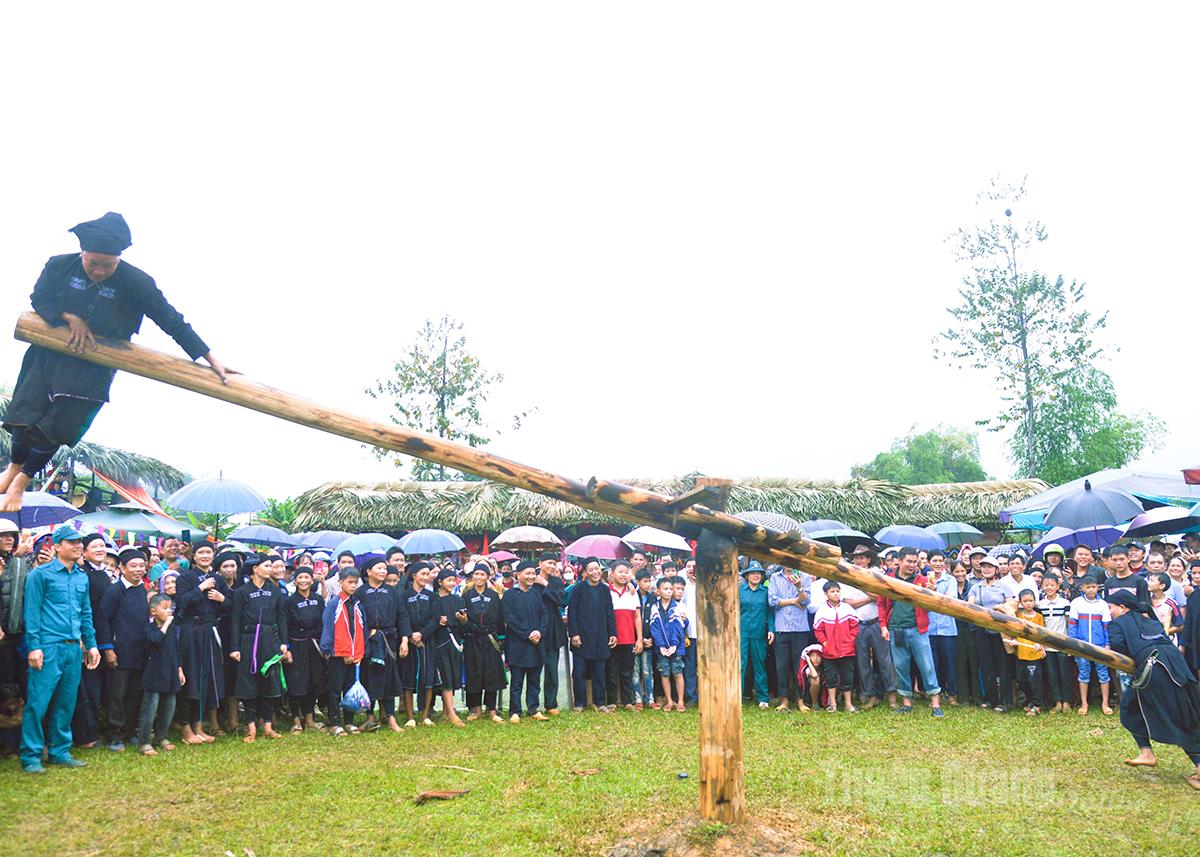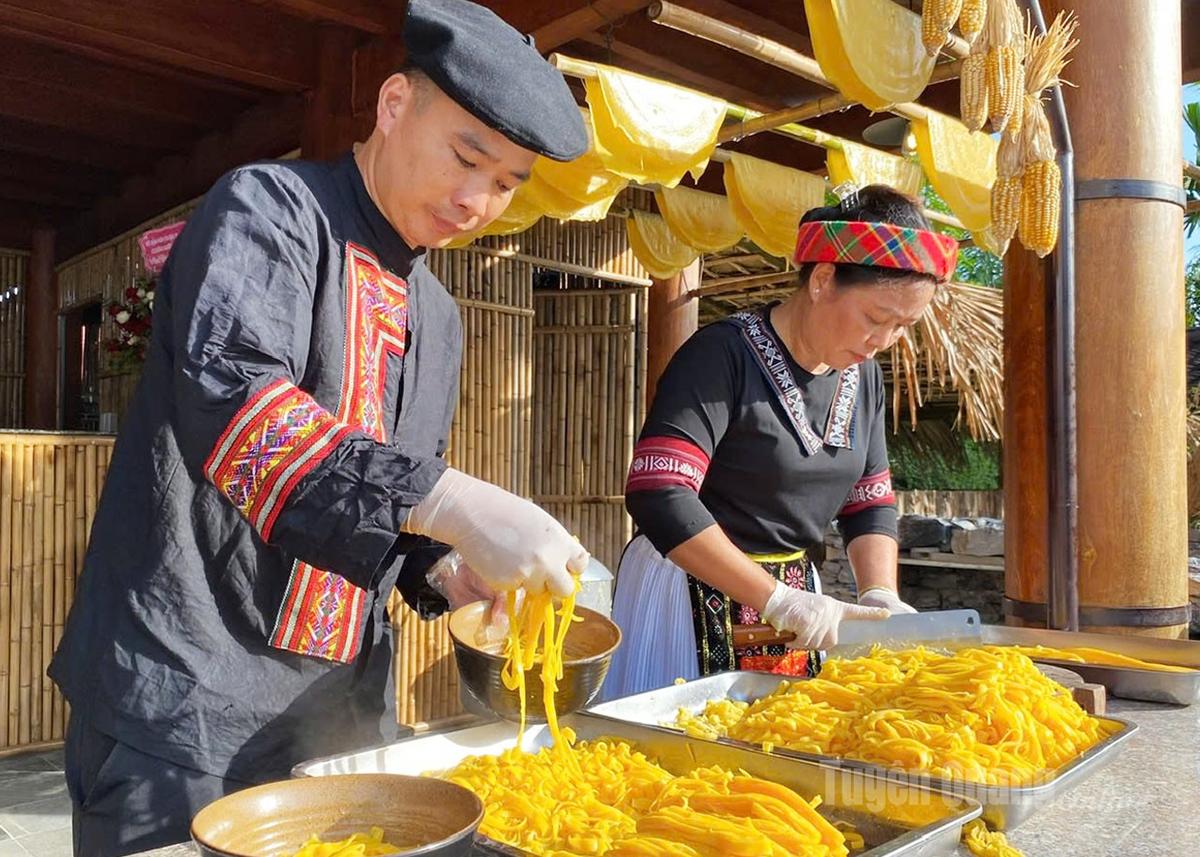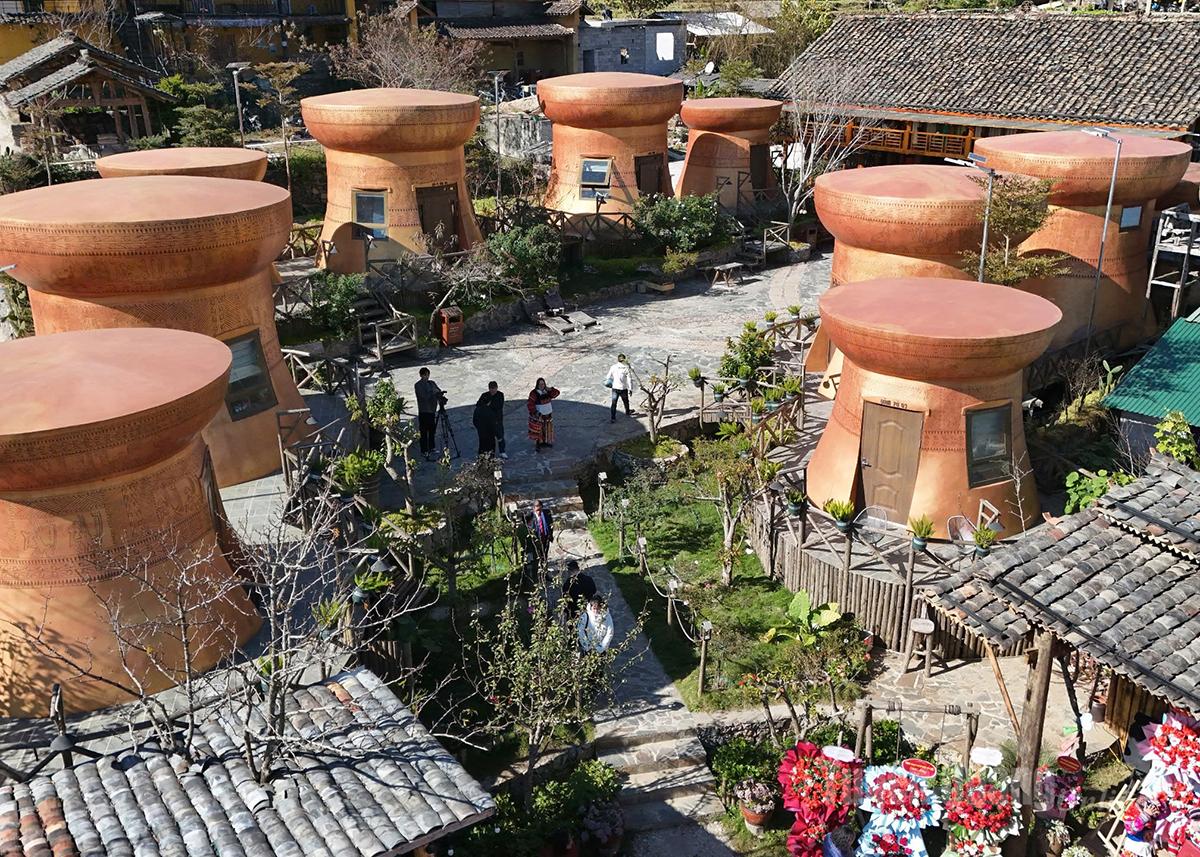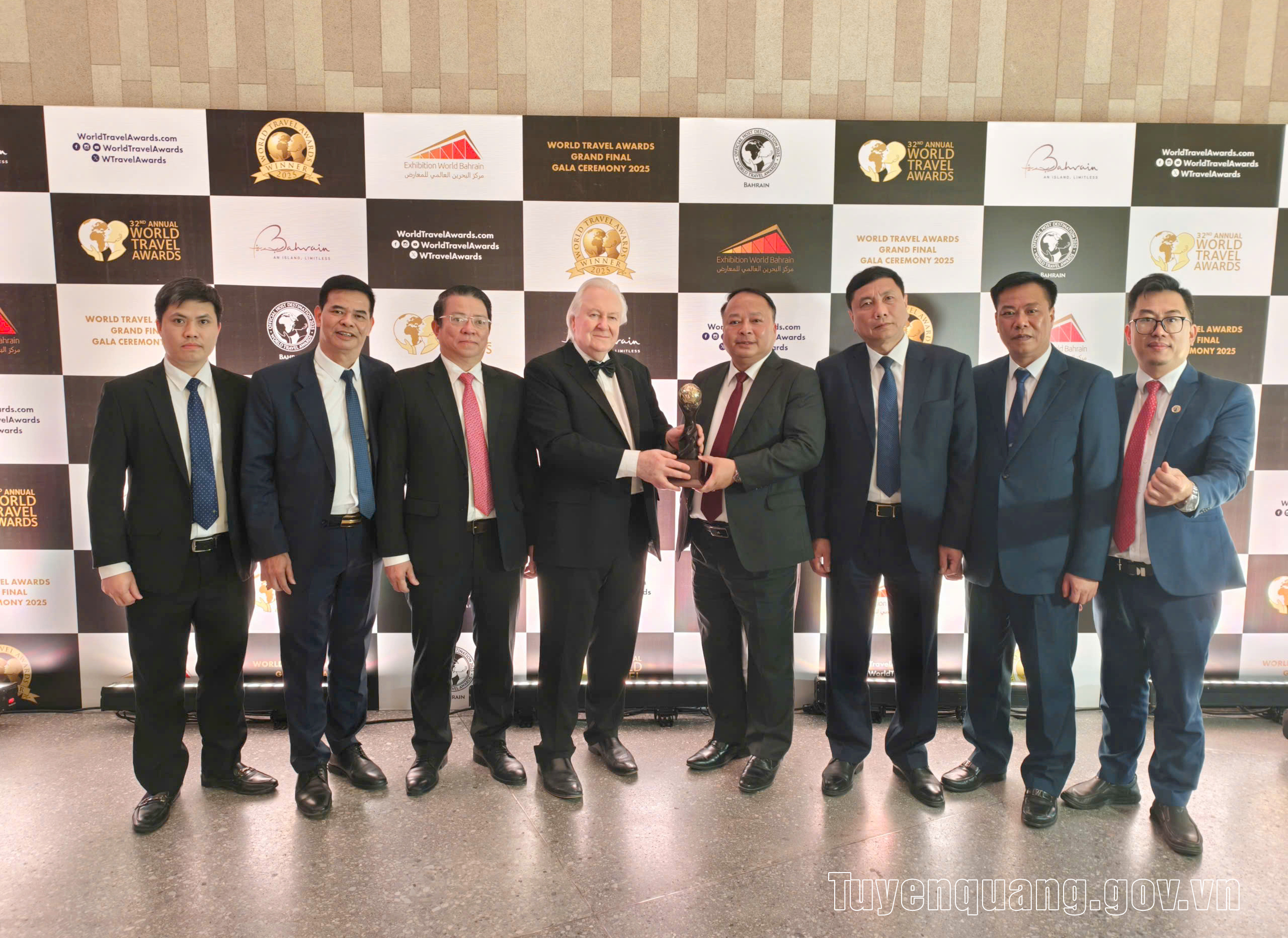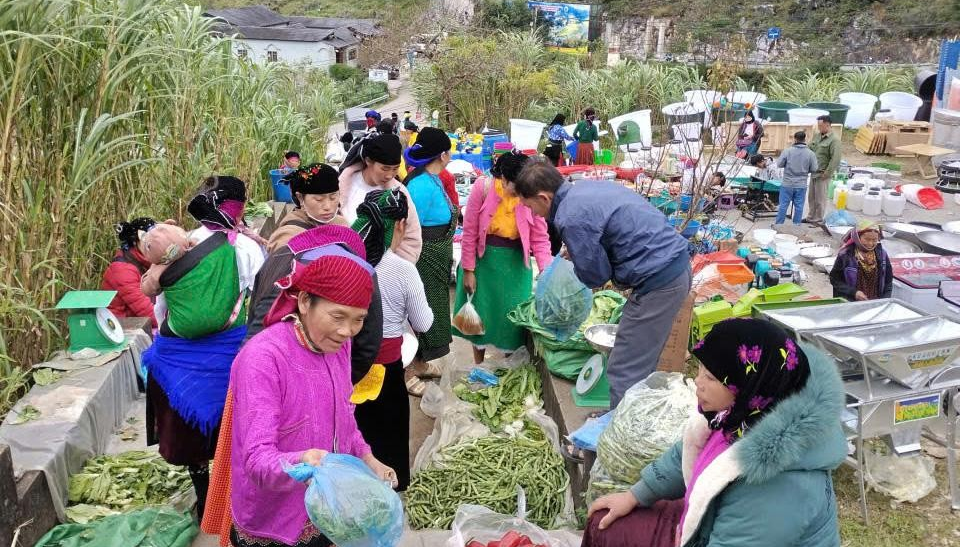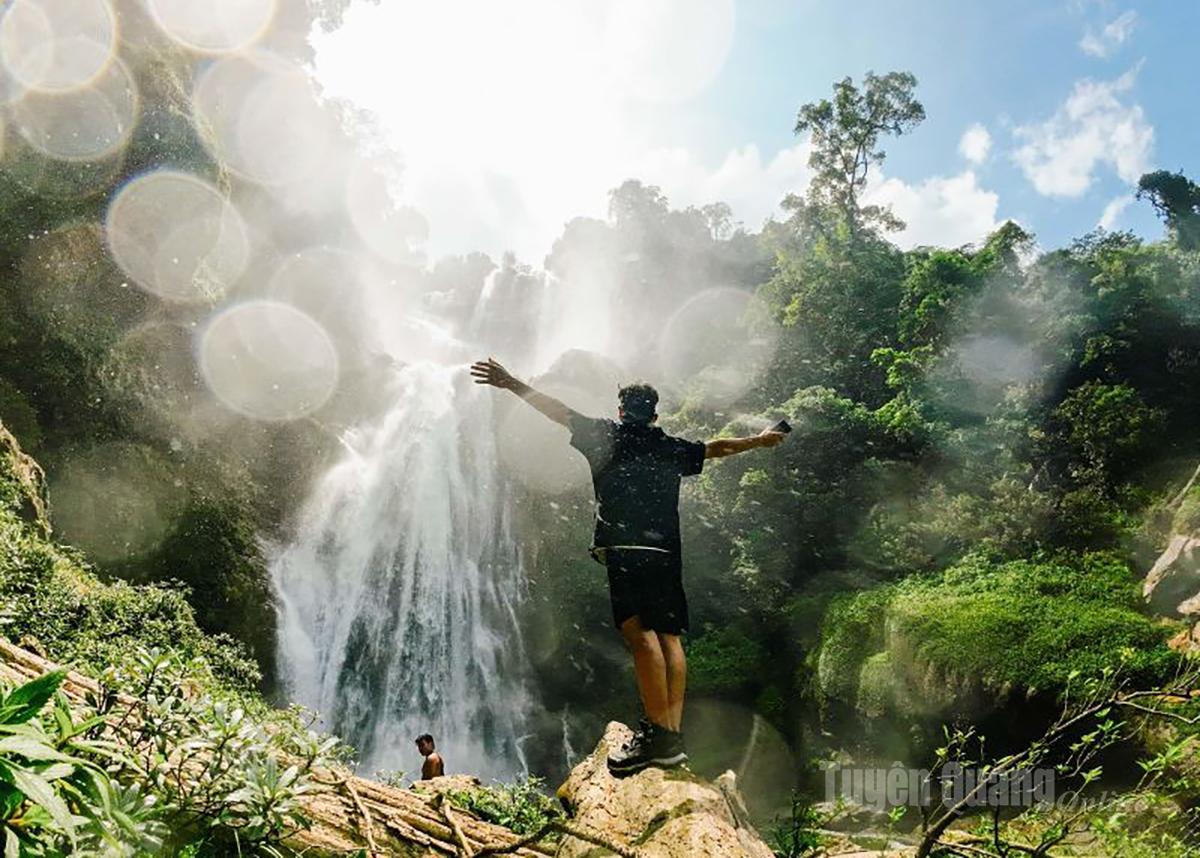
A young man is leaping onto hot fire embers (photo on qdnd.vn)
Tuyên Quang is home to approximately 100,000 Dao people, belonging to nine subgroups. Among them, the Red Dao predominantly reside in certain communes of Hàm Yên, Chiêm Hóa, Na Hang, and Lâm Bình districts. The Fire Jumping Festival is a deeply spiritual and culturally significant event for the Red Dao.
Fire holds a special place in the Red Dao's daily life, culture, and spirituality. It is regarded as a divine force that wards off evil spirits and disease while bringing warmth, abundance, and prosperity. Thus, at the start of the new year, Red Dao villages joyfully organize the Fire Jumping Festival, believing that the fire god will bless them with peace, favorable weather, and bountiful harvests.
Preparations for the ceremony begin the day before, with a large pile of firewood carefully arranged to create long-lasting embers. Compared to other rituals, fire jumping is relatively simple but follows strict rules. Only men are allowed to participate, and they must be physically clean and possess a pure spirit. Those deemed worthy and protected by the deities can safely leap into the flames.
The ceremony begins with a Dao priest (Thầy Tào) performing a ritual to seek permission from the ancestors and fire god, asking for their blessings. Meanwhile, the prepared woodpile is ignited. As the rhythmic sounds of traditional music fill the air, the priest calls upon the spirits, causing the bodies of the young men to tremble and sway vigorously. Then, with unwavering focus, they step toward the roaring flames and leap into the fire with their bare feet, showing no signs of pain or fear. Each participant remains in the fire for about five to ten minutes, depending on the "power" bestowed upon them by the spirits.
Amid the rhythmic beating of drums, gongs, and the enthusiastic cheers of spectators, the men continue dancing over the glowing embers. The ceremony only concludes when the fire dies down. At the end of the ritual, the priest performs a final ceremony to release the participants from their spiritual trance, allowing them to return to their normal state.
Nguyen Thanh Hieu

